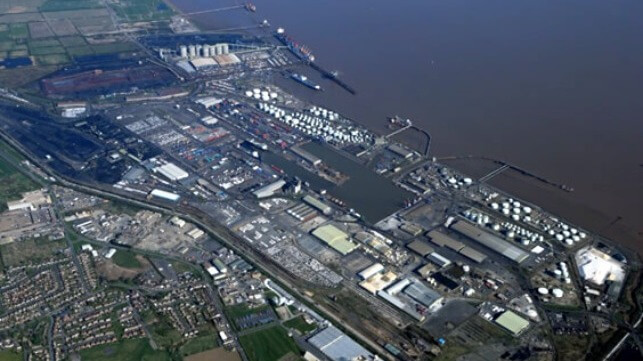UK to Build CO2 Terminal at Immingham in CCS Transport-Storage Network

Plans were announced to develop a CO2 terminal at one of the UK’s largest ports to serve as a hub for the collection of CO2 emissions from industrial businesses around the country and link it to transport for permanent offshore storage. The Association of British Ports (ABP), which operates the Port of Immingham, the UK’s largest port by tonnage, and Harbour Energy, an oil and gas company based in Scotland, plan to develop the new CO2 terminal.
“Our ports on the Humber already play a vital role in supporting the UK’s energy transition, with involvement in a wide range of renewable energy projects such as offshore wind at Green Port Hull and the development of large-scale green hydrogen production in Immingham,” said Henrik Pedersen, Chief Executive Officer of ABP. “We look forward to working with Harbour Energy to deliver this project, which represents a critical step in further strengthening the Port of Immingham’s position at the epicenter of the UK decarbonization agenda.”
According to the companies, the terminal will provide a large-scale facility to connect CO2 emissions from industrial businesses around the UK to the CO2 transport and storage network Viking CCS being developed by Harbor Energy. Viking will use high-capacity CO2 storage sites in the southern North Sea as the final destination in its transport and storage network.
ABP joins West Burton Energy, Phillips 66, and VPI as partners to the Viking CCS network, which is targeting its first CO2 capture as early as 2027. Plans call for a reduction of 10 million tons of UK emissions annually by 2030.
ABP’s investment plans for new infrastructure at the port include a jetty to service the import and export handling of liquid bulk products. In addition to handling green ammonia, the jetty is being designed to import liquified CO2 cargoes and will connect to the Viking CCS transport and storage sites.

that matters most
Get the latest maritime news delivered to your inbox daily.
This project in the UK’s leading port complex according to ABP will drive inward investment to the Humber and Lincolnshire regions, create local jobs in the Humber region, and safeguard industrial jobs across the UK in support of the Government’s plans to decarbonize industry and meet the UK’s net zero emissions targets.
Construction of the jetty is expected to begin in late 2024 and will be operational and ready to receive its first cargoes of CO2 imports as early as 2027.
